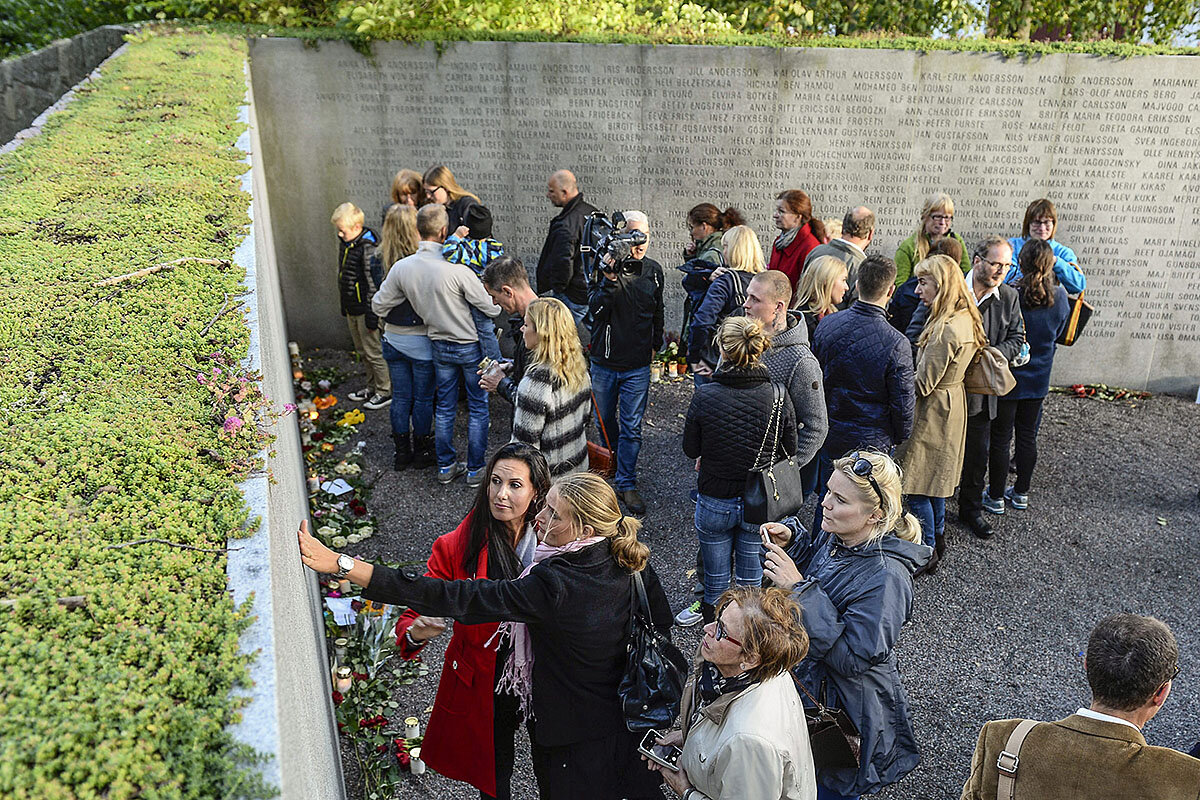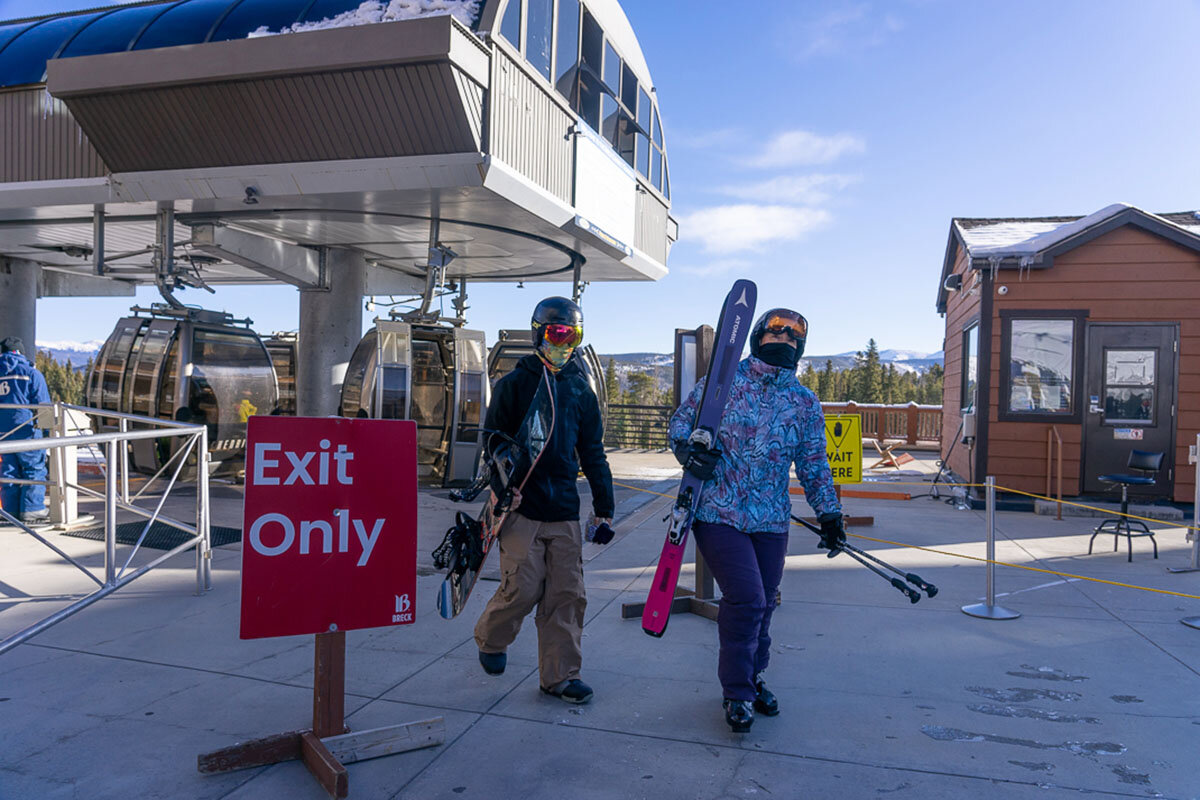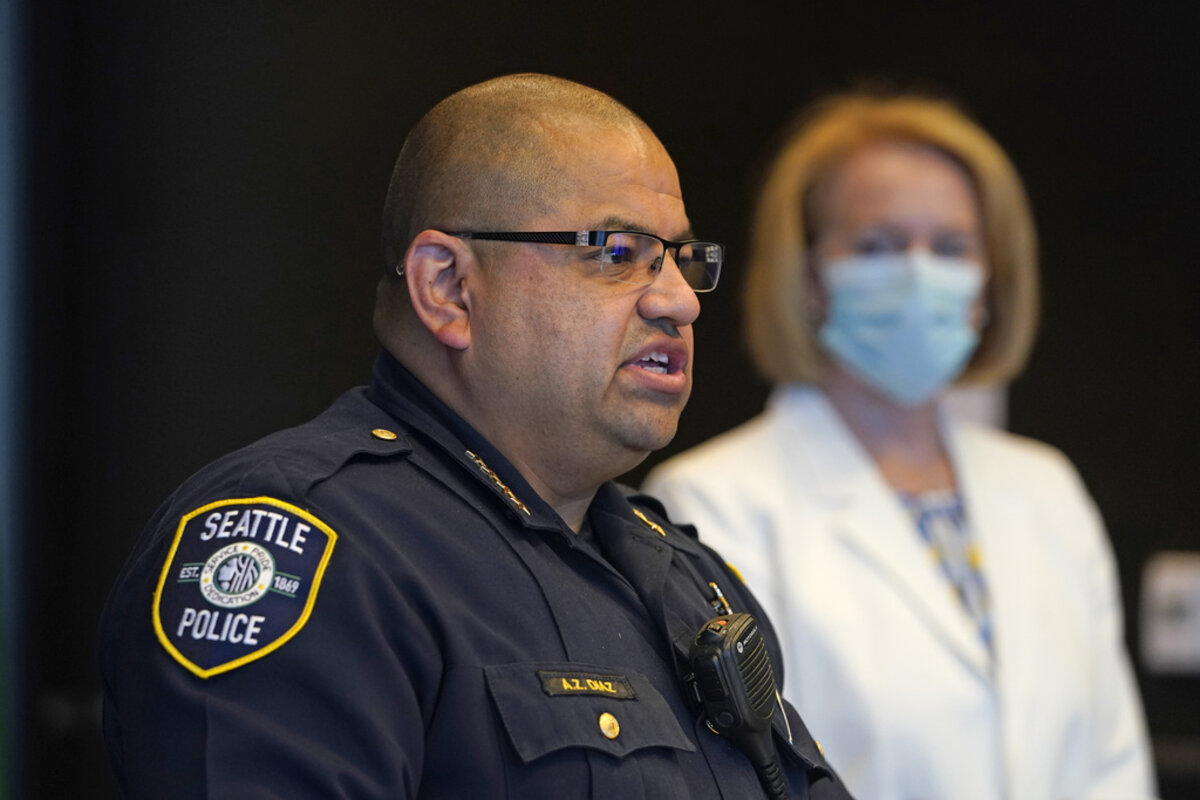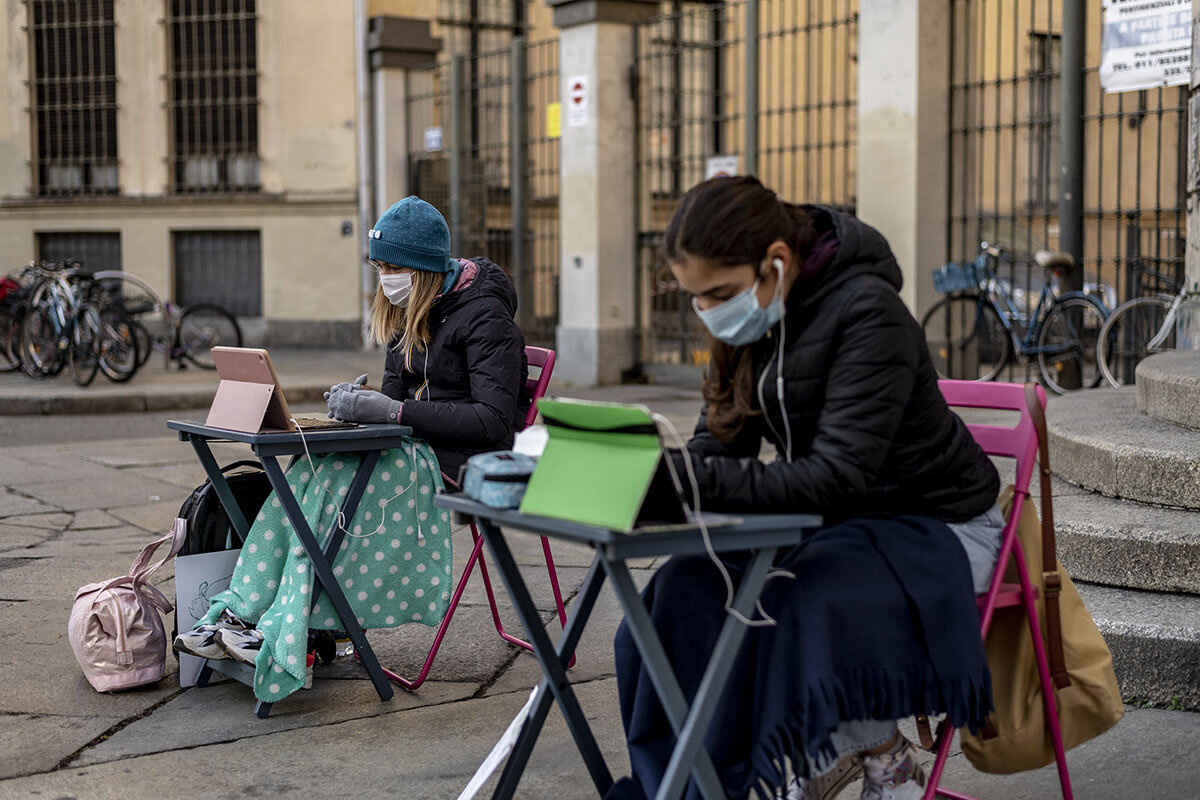When a society turns to finger-pointing, which seems to be a pastime in America these days, the rush to blame can obscure progress. Partisan battles over the pandemic, protests over racial injustice, and contested election results portray, to one point of view, a house divided.
Yet plenty of evidence exists that American society is striving to be more democratic and compassionate. The most obvious example is the diligent effort by local officials and countless volunteers to ensure an orderly, fair, and transparent election. A less apparent but no less significant example is the momentum to reform police departments in order to prevent unjust killings like that of George Floyd last May.
Ten cities and four counties put 20 police reform measures on the Nov. 3 ballot across eight states. Voters approved all of them. Those initiatives are by no means a complete list of the reforms underway. Local governing councils across the country are taking steps without direct voter initiative.
These efforts include both new and old ideas. In Los Angeles County, Measure J will divert at least 10% of the county’s general fund to “community development” and to alternatives to incarceration. In San Francisco, Proposition E will remove mandatory levels for police staffing from the city charter. Other measures around the United States require dash and body cameras for police, ban chokeholds, and rule out “no knock” warrants.
The most popular reform involves closer citizen review of police policies and actions through advisory commissions. Such scrutiny is supported by President-elect Joe Biden. Such commissions are not new. There are more than 150 nationwide. Many serve as a check on the political power of police unions that often lead to the protection of errant officers. There is a growing consensus to make the commissions stronger and more diverse.
Polls show a majority of Americans seek to strengthen rather than “defund” police departments. “For me, it’s about the kind of world we want to leave behind and how policing would look 10 or 20 years from now,” the Rev. Mark Kelly Tyler, a co-director of Power Interfaith in Philadelphia, told Vox News.
His colleague, Bishop Dwayne Royster, is more succinct. “I think the community wants healing,” he told the Los Angeles Times.
The recent videos of fatal encounters between police and civilians have stirred action to reduce an experience far too common for Black citizens. A new space has opened to understand and address the way America’s racial history has shaped policing. Yet just as important is what police face on the streets. In the two weeks since the election, there have been more than 2,500 incidents of violence involving guns, according to the Gun Violence Archive. Of those, 22 resulted in four or more individuals being shot – the definition of a mass shooting. Gun sales have surged over the past year. Just since the election, 15 officers have been shot or killed in the line of duty.
From the streets to the ballot box to city hall, this year has brought overdue scrutiny to American law enforcement. Debates over how officers conduct themselves on the beat should ripen into new partnerships between citizens and police. Demonizing the police is no more productive than demonizing the protesters of police brutality. Reimagining the nature of policing in a just and compassionate society is a project all Americans can serve and protect.
 Kim Campbell
Kim Campbell










